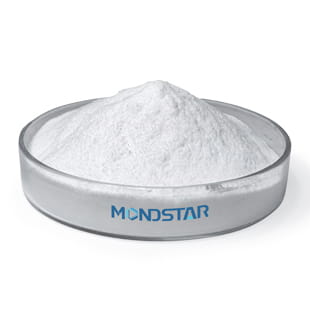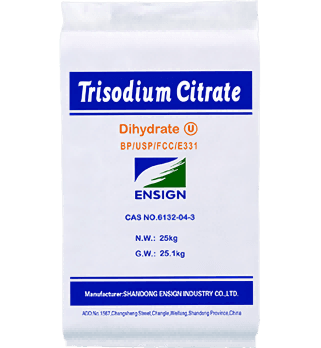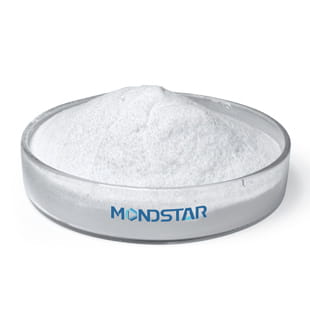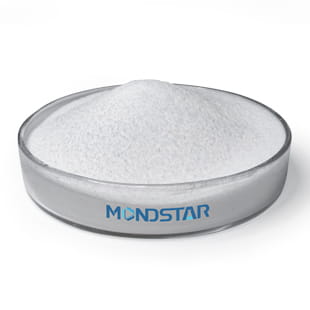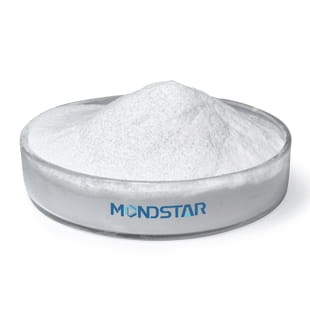Chemical name: Sodium Citrate; sodium citrate dihydrate; Trisodium citrate;citric acid-sodium citrate
CAS Number:68-04-2
EINECS Number:200-675-3
Molecular formula: C6H9NaO7
Molecular weight:258.069
Product Standard: BP/USP/FCC/E331/GB1886
Packaging:
1)1000×25kg bags=25mts in one 20’FCL without pallets.
2)800×25kg bags=20mts in one 20’FCL with pallets.
Storage Condition:
Keep well closed in its original packing in a cool & dry place.
Shelf life: 3 years.
